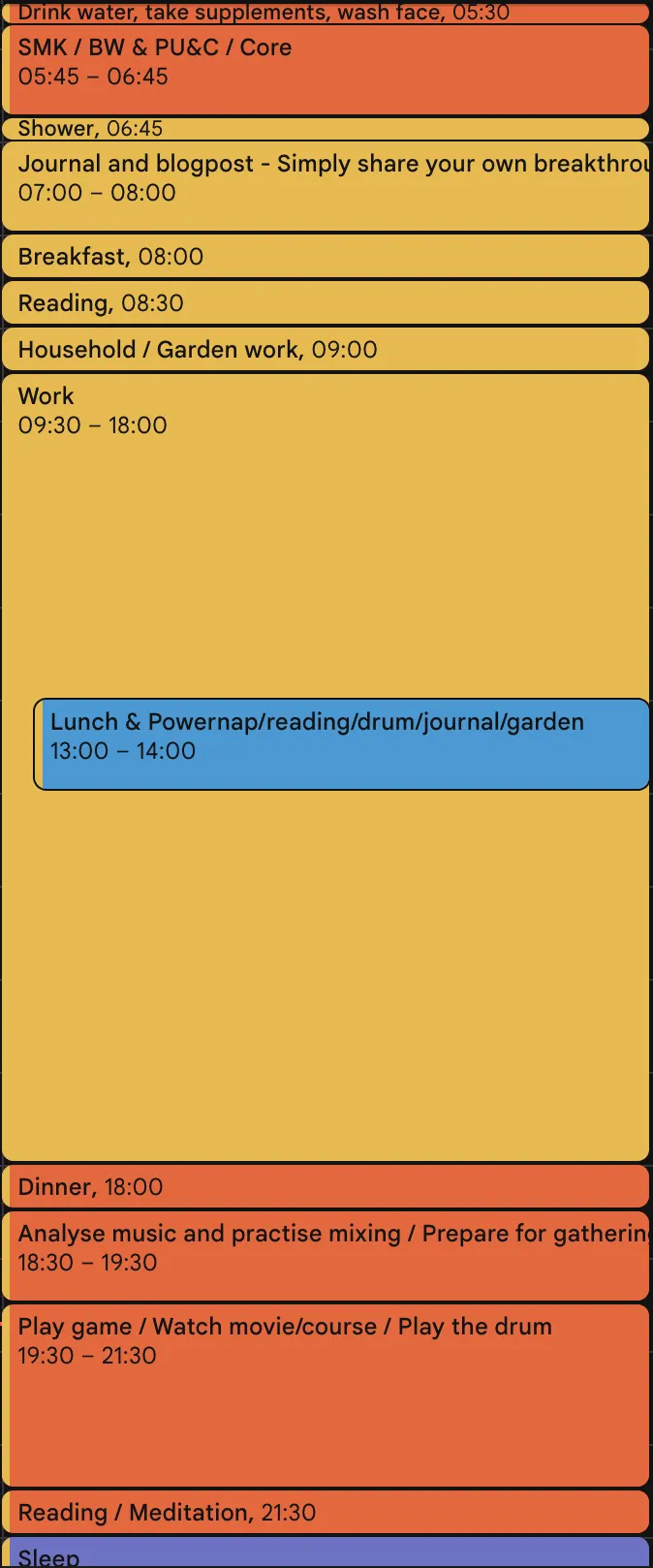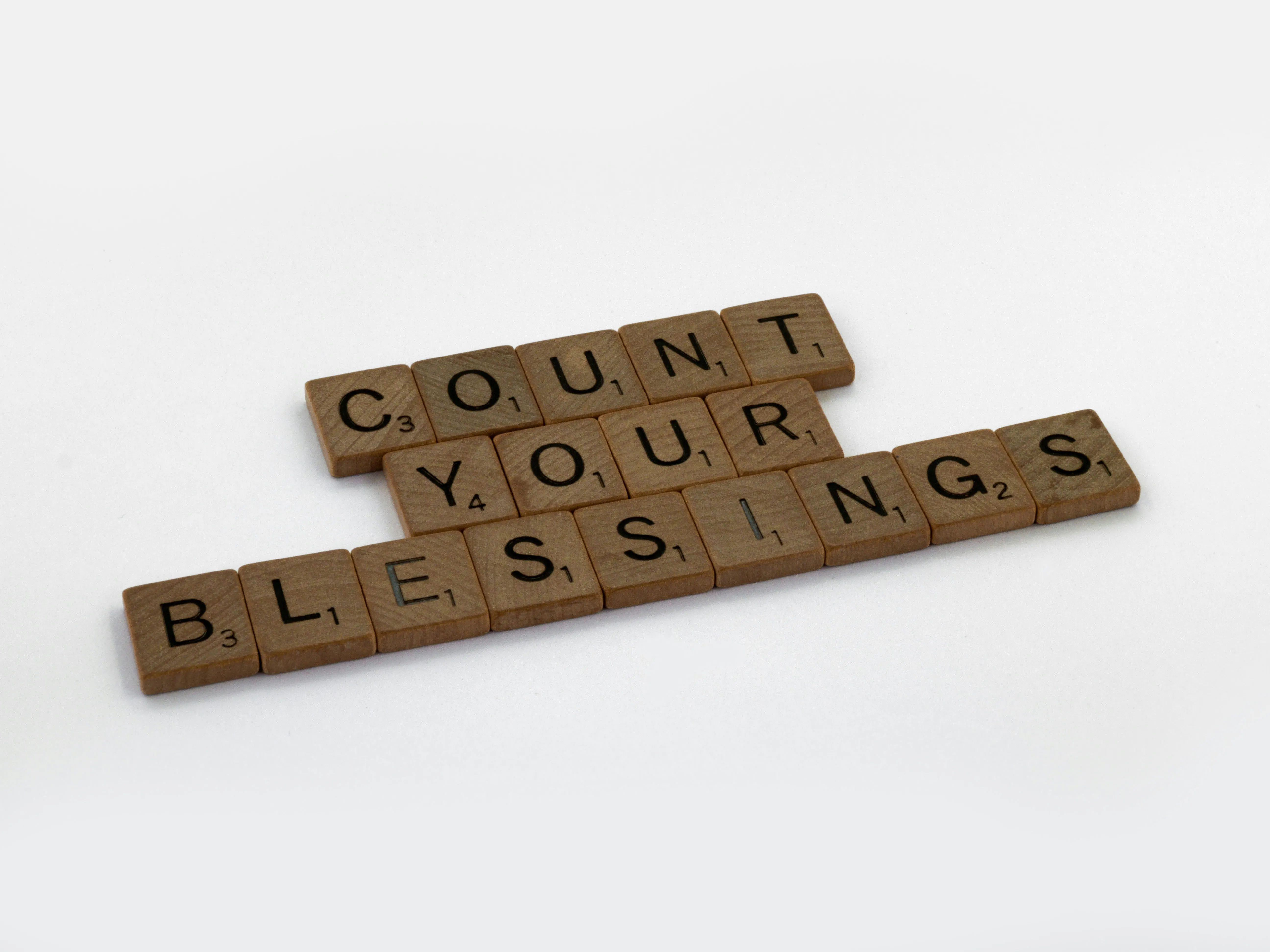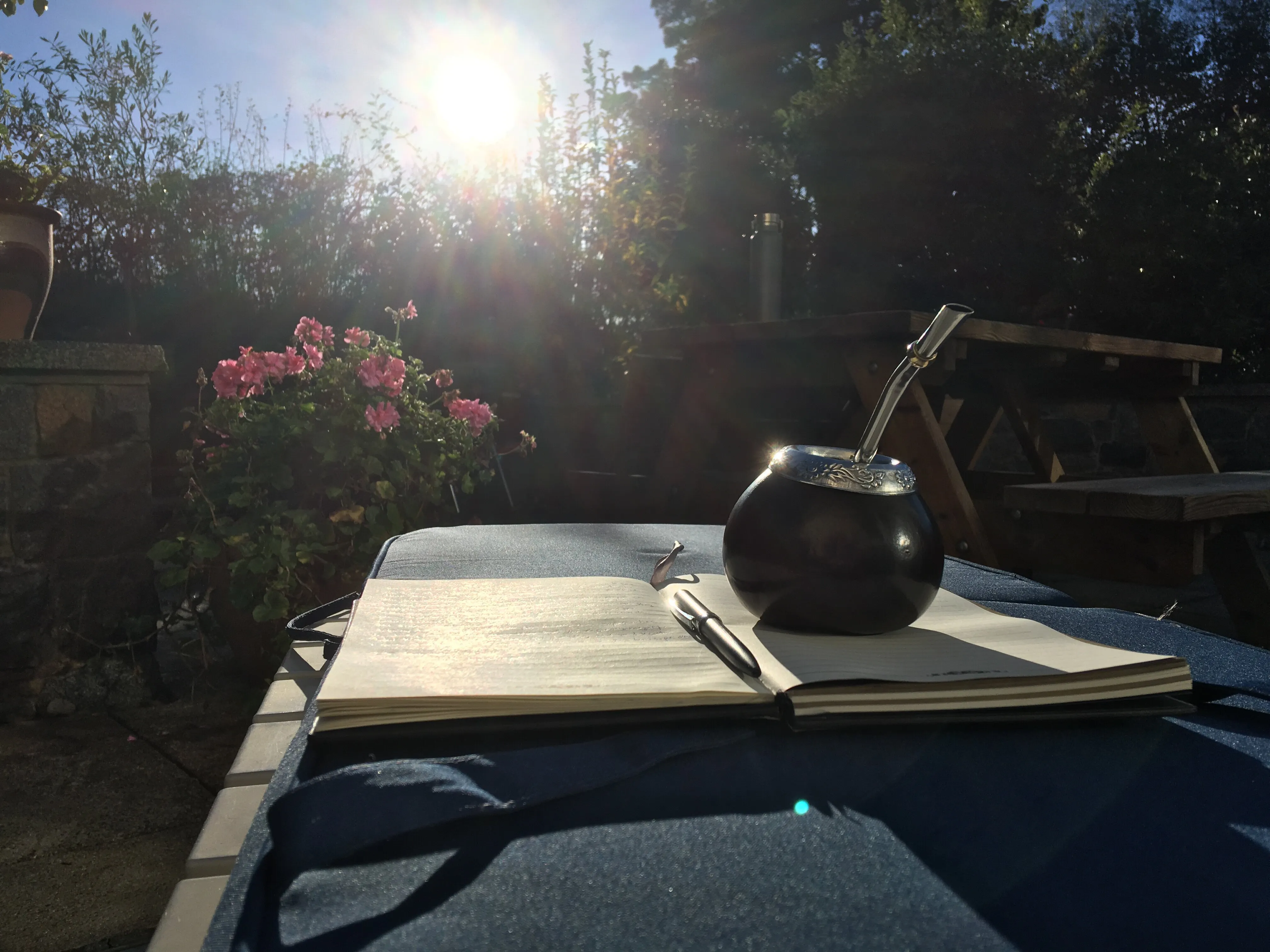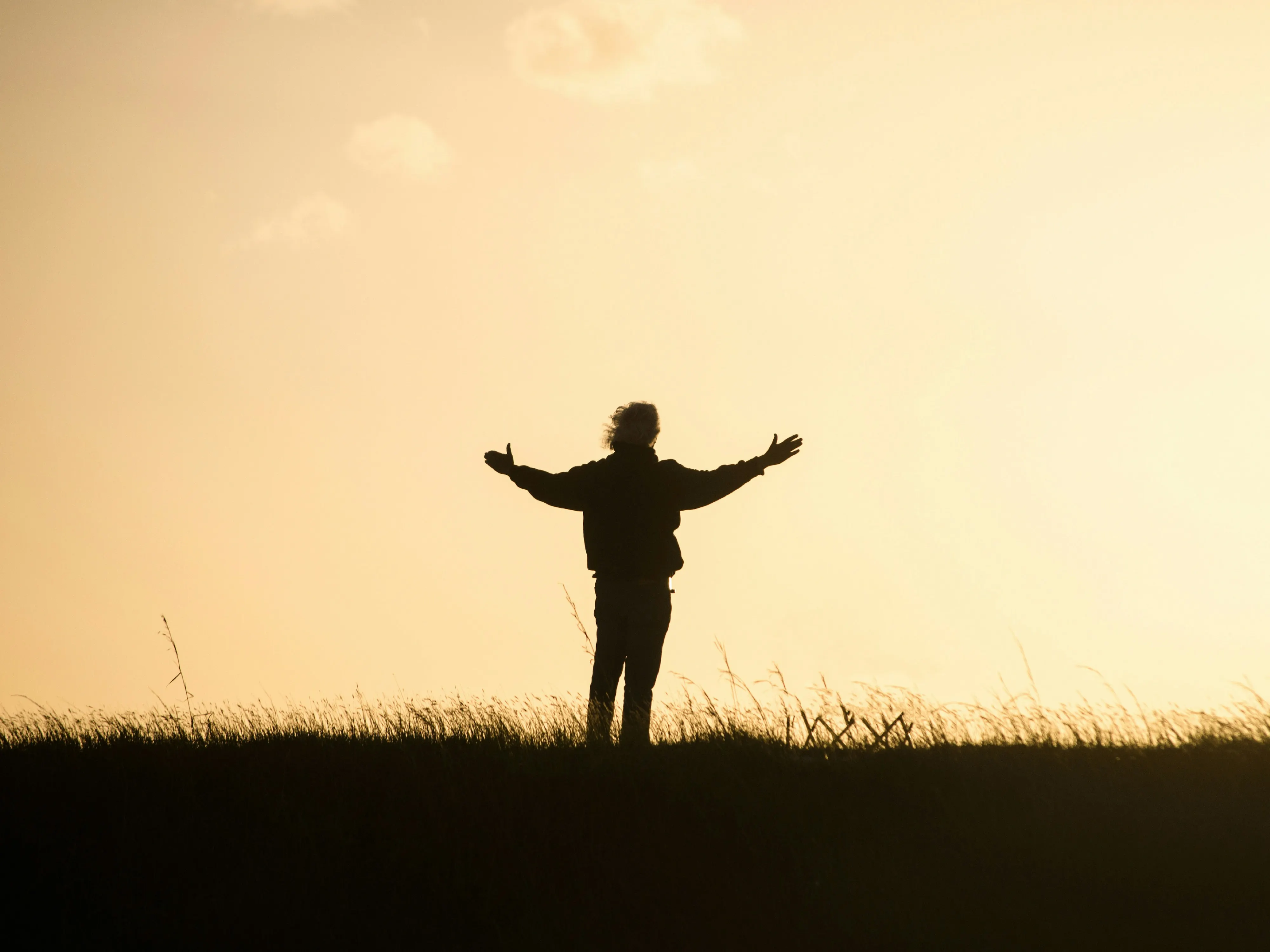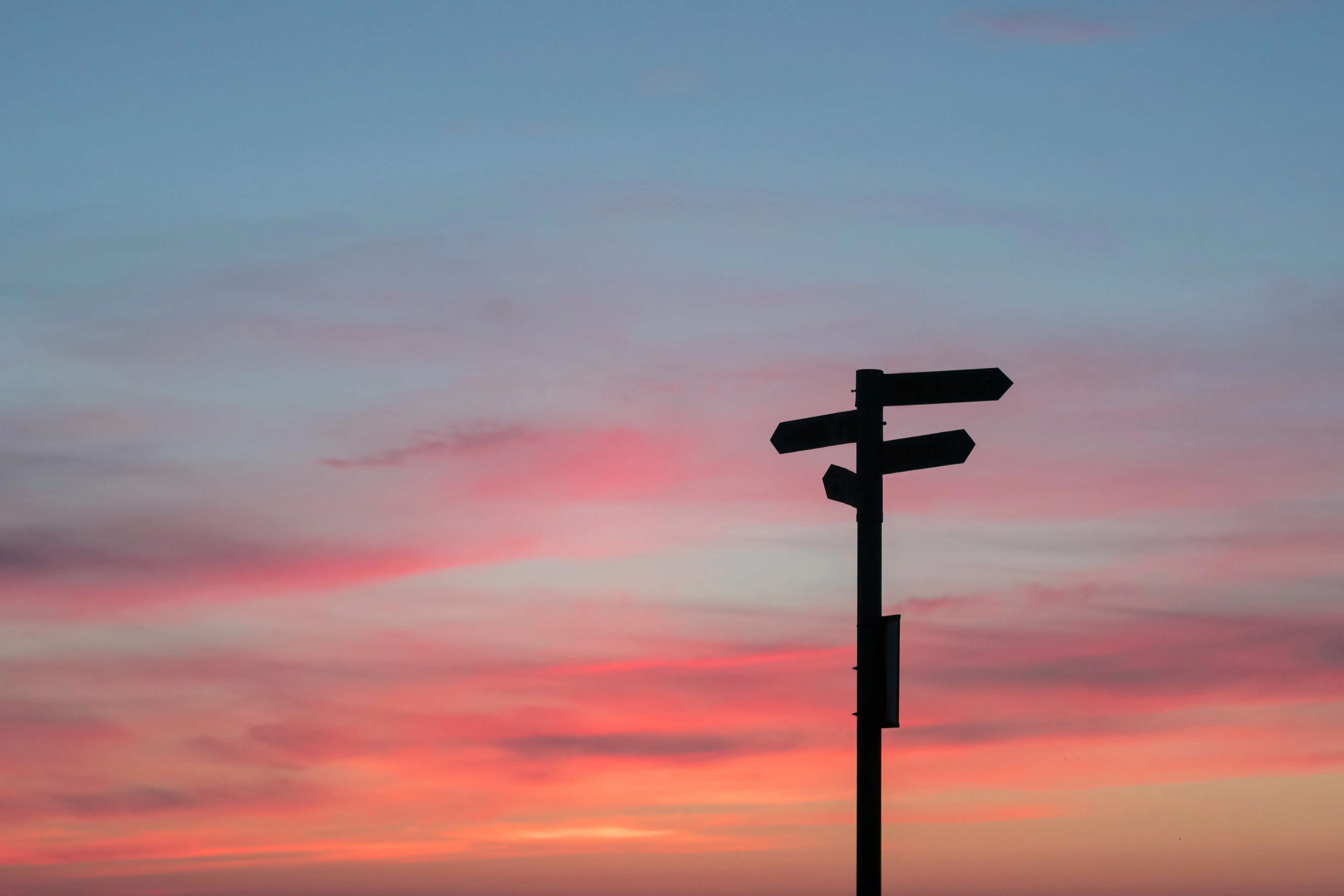Create a mindful plan and follow it mindlessly - New awareness brought by the Spring Equinox
I had a mental breakthrough on Friday night after days of overwhelm, low mood, lack of focus and inspiration and the feeling that I don’t have enough time for the things I want to do or the things I feel I need to do. Just under a few days, my state of mind became really restless, and it reached its peak last night. It felt like quick sand; the more I wanted to escape it, the more I found myself in it. And perhaps this was the point, because if you don’t want to change how you are or you don’t have any tools for that, you just stay in that limbo. But if you keep trying and use the tools you know, they will lead you out of the dark eventually, even if it seems the opposite for a short while. You need to hit the bottom before you can bounce back with a solution. It’s like a mini “hero’s journey”.
For today, I slept less, woke up much earlier in the morning, and had less caffeine than I did recently, and I am still alert and awake. This is the result of my final choice of rewinded myself by preparing a new daily routing last night. I planned less sleep anyway, 7.5 hours, but it was only about 6 hours as I planned to sleep at 10 p.m. but got really deep in preparing my new schedule. I was thourough but kept it simple in that it is the same every day, weekends too, but I am flexible for weekends with only a few strict points which I colour-coded differently on Google Calendar. Creating my new daily routine and the result centered me profoundly and miraculously. I felt absolutely great and inspired, looking forward to what was ahead of me, a good sleep, and an early start of the morning along with a sense of commitment.
I covered every single minute in the calendar; there isn’t a single second gap anywhere. So I marked sleep time, which I aim to calibrate from 10 p.m. to 5:30 a.m., 7.5 hours, but I am open to bringing that down to 6 hours on a longer term just to see if that could work. I will do it only if 7.5 hours become permanently sufficient. It would be a bonus.
I prepared the schedule very thoroughly, but I still realise that there can be slips in it. I explicitly show critical activities, even if short, for example the morning facewash and drinking water first thing in the morning,and taking a shower. However, sometimes I do take my time in the shower, but cold showers can certainly streamline this process and help with timekeeping.
So I really considered everything that is important, plannable, and takes any time. And what makes it wonderful is that I managed to include all the activities I care about as regular ones. Of course, as life progresses, the schedule will be fine-tuned and change too, but importantly, I should never adjust it to incorporate laziness. Incorporating leisure and recreation time however is important. It’s not the same as being lazy. And in case you feel genuinely tired, like you can’t be awake, of course, don’t beat yourself up and have a nap if that is reasonable. If not reasonable, just survive for the time being (eg. workplace), probably in that state, caffeine won’t help either; it’s not meant to substitute sleep of any kind, including a short power nap.
The only seeming compromise is that there are variations and options for certain time slots both in leisure time and in making progress in my projects, but still, in a span of a few days, I spend considerable time with everything I want to on a consistent basis. So I included again physical exercise while keeping my yoga kriya too. Previously I stopped training for it. In my schedule, having them on the same slot, they mutually exclude each other, but I see it as an advantage because it sorts the mental resistance of getting bored with one practice, and it certainly gives my body time to regenerate after each training while keeping physically fit. I do yoga one morning and training on the next. I have two sets of training which I alternate on those training days; one for core and legs and one which includes only pushups and crunches. Before doing the latter, I have time to do a 25-minute breathwork and meditation session.
I brought back everything that I was missing recently, and I also committed myself to regularly doing the activities which I did only on an ad-hoc basis. Key is self-discipline; without that, you can’t unlock the value of your schedule, however good it is. It can be challenging to stick to the plan when you are well for a while after staring it, because we tend to forgot that our well-being is the result of sticking to those activities. And of course, your feeling good doesn’t just vanish because you have one or two spontaneous days doing whatever you feel like doing. But these days are potential derail points, so just remember to get back to your routine. I emphasise that you should never feel guilty of deviating from the schedule either partly or completely. Enjoy those times full-heartedly. And then get back on track and enjoy that too full-heartedly.
While calibrating yourself to the new routine, challenges are normal, physical, and mental. Accepting that is critical. It’s part of the process. Also, at the beginning and even later on, be free to fine-tune your schedule, but again, not for sloppiness. Your routine is there to serve you, not to hinder in your progress and growth.
So regardless of mood, do what you planned for the time. A big part of this is to stop when the time comes to do the next thing. If you play by the rules you yourself created, it is rewarding, energising, produces results (however big or small) in the areas that are important to you. Sticking to a schedule that works well is like being a passenger on your own self-created wonderful journey once it takes off. But you are a passenger only in the sense that you don’t need to take an effort in finding out all the time what and when to do. And perhaps that is exactly what is conducive for deeper engagement in whatever you do. You have more energy and attention to spend it on the actual activity. In brief create a mindful routine, and follow it mindlessly once it is optimised.
Exercising self-discipline in anything (eg. diet, daily routine) builds confidence and trust, in yourself and in everything over time. And this leads to a piece of mind, and that leads to joy and inspiration, and in turn, to effortless self-discipline. It’s an upward spiral. This is the power you need to generate and harness, and also the key to the success of the schedule itself and all the activities in it.
From my personal perspective, I was never so sure about the “what” (activities) than I am now, and it is certainly a huge progress in creating my current schedule because really the “what” is a requirement before you can decide on the when and for most people it’s the more difficult part. I am certainly grateful for gaining clarity on that recently.
